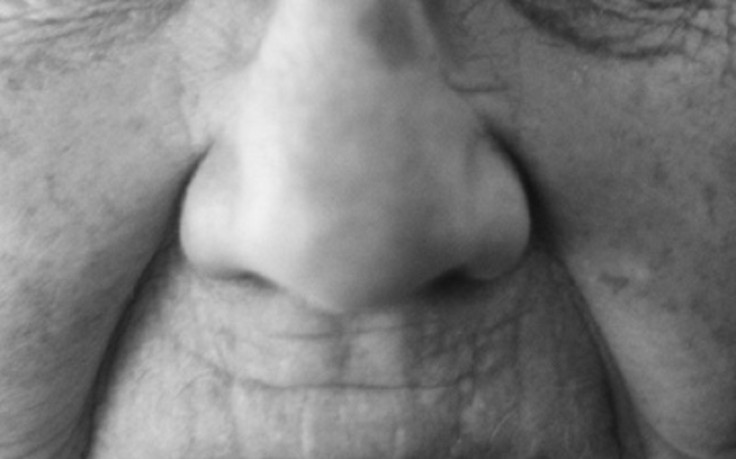Decreased Ability to Identify Smells Predicts Death in Elderly

The inability to identify scents is a strong predictor of death within five years in older adults, new research has found.
A study is part of the National Social Life, Health and Aging Project at the University of Chicago, the first in-home study of social relationships and health in a large, nationally representative sample of men and women aged 57 to 85.
Around 39% of those in the study failed a simple smelling test died during that period, compared to 19% of those with moderate smell loss and 10% of those with a healthy sense of smell.
The researchers concluded that olfactory dysfunction is better at predicting death than a diagnosis of heart failure, cancer or lung disease. Only severe liver damage was a more powerful predictor of mortality.
For those already at high risk, lacking a sense of smell more than doubled the probability of death.
"We think loss of the sense of smell is like the canary in the coal mine," said the study's lead author Jayant Pinto, an associate professor of surgery.
"It doesn't directly cause death, but it's a harbinger, an early warning that something has gone badly wrong, that damage has been done. Our findings could provide a useful clinical test, a quick and inexpensive way to identify patients most at risk."
In the first wave of studies conducted in 2005 to 2006, researchers measures the participants' ability to identify five distinct common odours: peppermint, fish, orange, rose and leather.
They found 3.5% were "anosmic" and could identify just one scent or none of the five.
The participants were assessed in terms of their age, physical and mental health, social and financial resources, education, and alcohol or substance abuse.
As expected, performance on the scent test declined steadily with age; 64% of 57-year-olds correctly identified all five smells. That fell to 25% of 85-year-olds.
In second tests from 2010 to 2011, the team confirmed which participants were still alive. During that five-year gap, 430 (12.5%) of the original 3005 study subjects had died.
Researchers adjusted for demographic variables such as age, gender, socioeconomic status, health and race. Those with greater smell loss when first tested were substantially more likely to have died five years later. Even mild smell loss was associated with greater risk.
"This evolutionarily ancient special sense may signal a key mechanism that affects human longevity," noted Martha McClintock, the study's senior author.
"Many people with smell deficits lose the joy of eating," Pinto added. "They make poor food choices, get less nutrition. They can't tell when foods have spoiled or detect odours that signal danger, like a gas leak or smoke. They may not notice lapses in personal hygiene."
Precisely how smell loss contributes to mortality is unclear, but the researchers suggested that the olfactory nerve, may serve as a conduit, exposing the central nervous system to pollution, airborne toxins, pathogens or particulate matter.
The study was published in the journal Plos One.
© Copyright IBTimes 2025. All rights reserved.





















